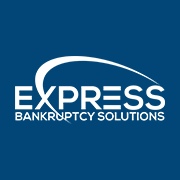Secured Creditor
What does Secured Creditor mean?
A secured creditor is a creditor holding a secured debt against a debtor. A secured creditor usually has the right through a contract, upheld by state law, to take and hold or sell certain property to satisfy the debt claims against the debtor.
In Chapter 13 Bankruptcy the secured creditor can decide to accept the Chapter 13 bankruptcy plan, the creditor may choose to retain the lien on the asset and require the debtor to repay the full amount for the loan through the repayment plan, force the debtor to surrender the asset as collateral for the debt, or agree to deal directly with the debtor outside of the Chapter 13 bankruptcy repayment plan. Unsecured creditors have fewer options. They are paid what is feasible through the bankruptcy repayment plan, and if there is outstanding unsecured debts outside of the plan, the debts are discharged at the completion of the plan.
Additionally, there are three basic types of claims: priority (alimony, maintenance, child support, taxes, and personal injury claims from DUI convictions), secured (home and car debts) and unsecured (medical bills and credit card debt). Priority claims are paid first followed by secured claims. Finally, unsecured claims are paid.
Lawyers near
Term of the Day
Abuse of a child
Abuse is any act against a child which results in death, serious physical or emotional harm, or sexual abuse.
Category: Adoption



